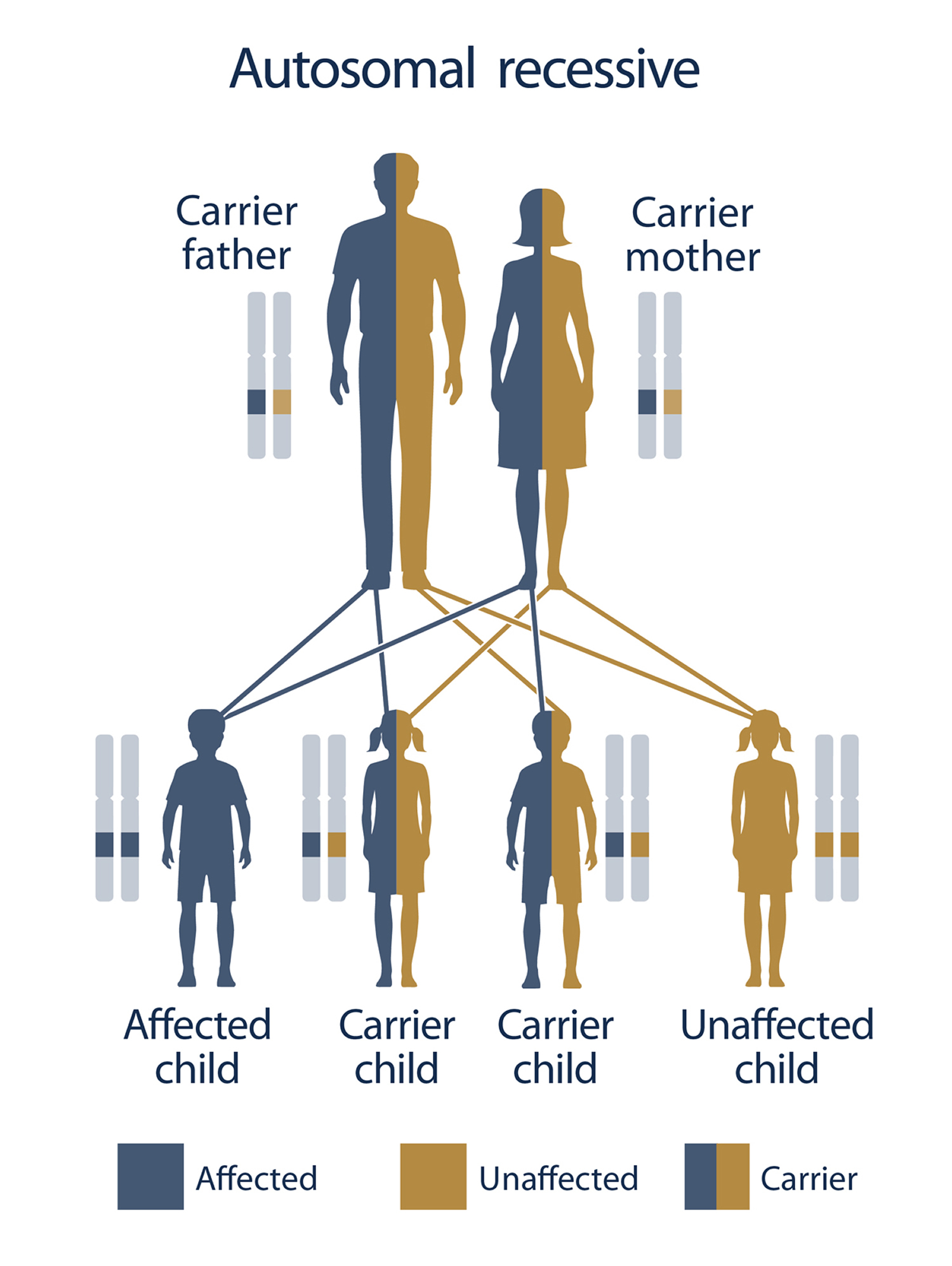

Unfortunately, due to our hectic lifestyles, many of us experience chronic stress, either because our stress does not end quickly or it is quickly followed by another stressor. Ideally, the stress passes quickly, your body returns to normal, and everything runs smoothly once more. This means that functions such as digestion, immune response, and yes, thyroid hormone production and distribution, are temporarily put on hold or slowed down until the stress has passed.

Once a stressor triggers this cascade of hormones, cortisol and your other stress hormones redirect your body’s normal functions to essentially ignore anything that is not necessary for overcoming the stressor in front of you.

Your pituitary gland signals your adrenal glands to produce and release a series of stress hormones, including cortisol. When you experience stress, be it emotional, mental, or physical, your hypothalamus sends a signal to your pituitary gland. However, did you know that, as part of your endocrine system, they also produce hormones that impact major metabolic processes, just like your thyroid does? The hormones produced by your adrenal glands help to regulate blood pressure, electrolyte balance, blood sugar, immune response, digestion, and more. You probably know your adrenal glands for producing adrenaline and managing your fight or flight response. The key is to understand the adrenal-thyroid connection, how stress affects thyroid function, and how to relieve it! How Chronic Stress Impacts Thyroid Function Yet, whether you have Hashimoto’s or hypothyroidism, Graves or hyperthyroidism, or you haven’t been diagnosed yet, stress and your adrenals play a huge role in your thyroid health.įortunately, that doesn’t mean there’s nothing we can do about it. I know I can’t avoid it and, while I’m not much of a gambler, I’d be willing to bet you can’t either. I’m going to be honest here: Stress is a given in our lives.


 0 kommentar(er)
0 kommentar(er)
